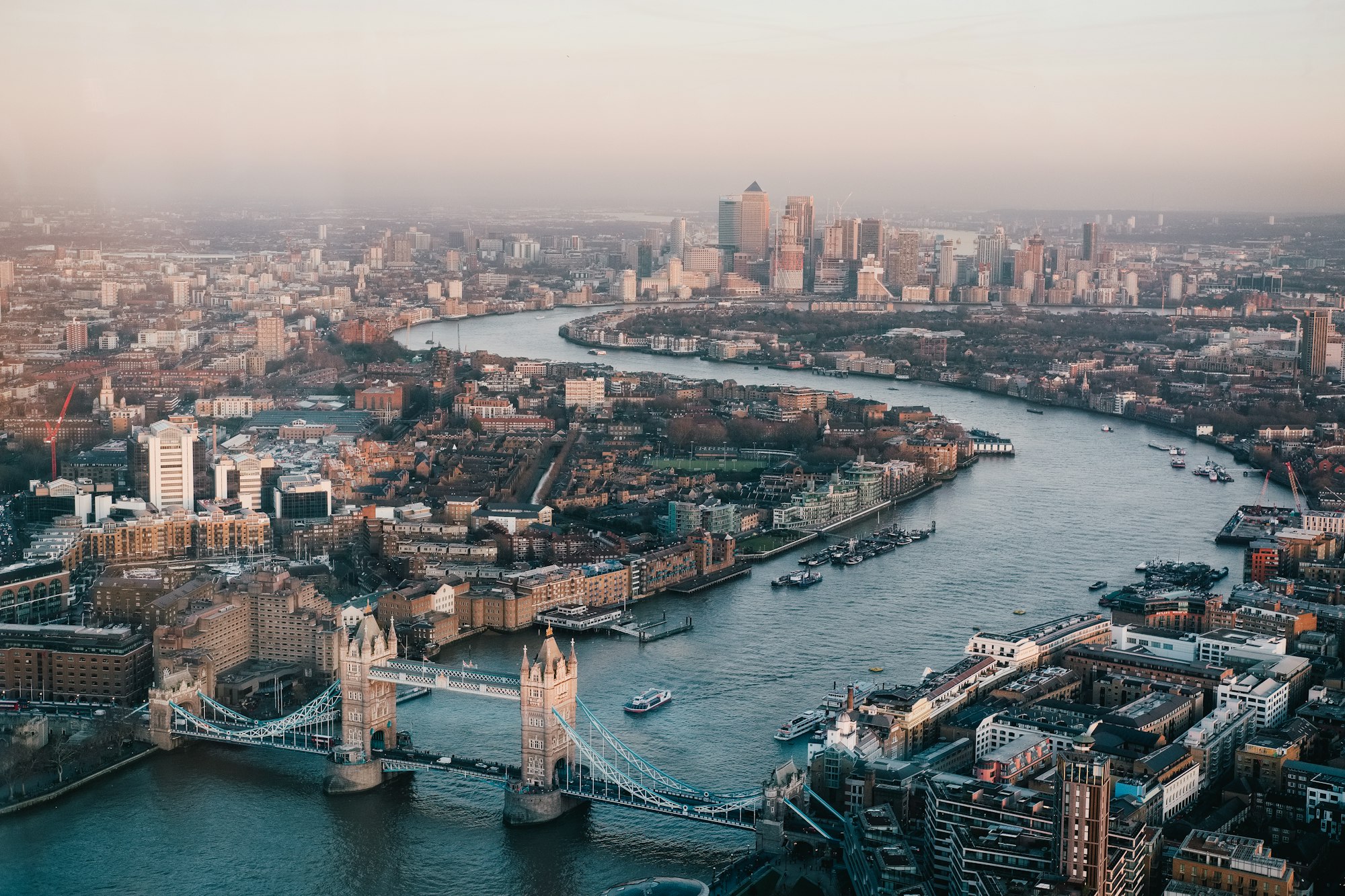Are VPNs legal in the UK?

Are VPNs legal in the United Kingdom (UK)? As the use of VPNs continues to grow in popularity, so do questions about their legality in different countries. In the UK, VPNs are generally legal and widely used for various purposes, including protecting online privacy, securing online transactions, and bypassing censorship. However, there are some limitations on their use, and it is essential to understand the legal considerations surrounding their use in the UK. In this blog post, we will delve into the history of VPNs in the UK, the current legal status, and the common uses for VPNs in the country. From understanding the role of VPNs in online privacy and security to examining the legal considerations surrounding their usage, this post will provide a comprehensive overview of VPNs and their legality in the UK.
Key Points
VPNs are generally legal in the United Kingdom (UK).
Using VPNs to engage in criminal activities or to access illegal content is illegal.
It is essential to understand the legal considerations surrounding VPN use in the UK and be aware of any potential risks or consequences.
History of VPNs in the UK
Virtual Private Networks (VPNs) has a long history in the United Kingdom (UK). Developed initially to securely connect corporate networks, VPNs have evolved to become an essential tool for protecting online privacy and security. In the UK, VPNs have always been legal. Their use has grown significantly recently as more people have become aware of their benefits.
Current Legal Status and Common Uses of VPNs in the UK
The legal status of VPNs is generally straightforward. VPNs are permitted for personal or business purposes, including protecting online privacy, securing online transactions, and accessing blocked websites. However, using VPNs to engage in criminal activities or to access illegal content is illegal. This includes using VPNs to bypass laws or regulations, such as those related to copyright or censorship.
In the UK, VPNs are commonly used for various purposes, including protecting online privacy, securing online transactions, and bypassing censorship. VPNs protect personal information and online activity from being monitored or tracked by internet service providers (ISPs) or third parties. VPNs are also often used to access blocked websites or to communicate with people outside the country. In addition to these uses, VPNs are also commonly used for other purposes, such as streaming content or accessing foreign websites. VPNs are top-rated among travelers, as they can be used to access websites and services that may be blocked or restricted in certain countries. Businesses also often use VPNs to secure online transactions and protect sensitive data from being accessed by third parties.
In summary, VPNs are generally legal in the UK. However, it is essential to understand the legal considerations surrounding VPN use in the UK and be aware of any potential risks or consequences. Suppose you are using a VPN in the UK. In that case, it is essential to ensure that you use a reputable provider and not the VPN to engage in illegal activities or access unlawful content.
Looking for a VPN that supports this region? Check us out!
